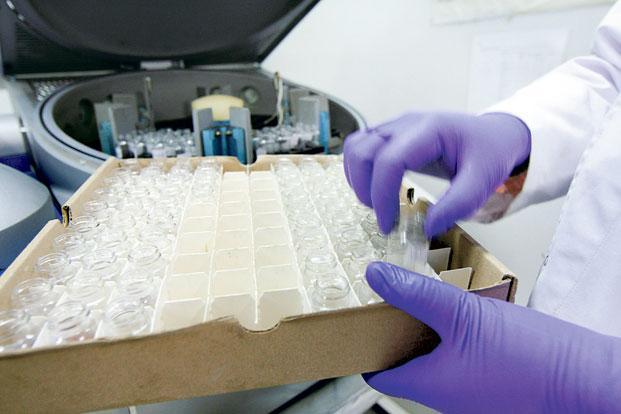Pharmaceutical firms conducting clinical trials of drugs in India will no longer be able to escape responsibility in case of injury or death of participants.
According to new draft rules for clinical trials and new drugs, if the sponsor fails to provide “medical management” to their trials, not only will the trial be cancelled, but the company will also be restricted from holding any more trials.
However, in a boost to firms wanting to conduct trials on drugs proposed to be manufactured and marketed in India, the permission for trials will be granted within 45 days.

According to the new rules in the works, the sponsor of the trial or bioavailability or bioequivalence (BA/BE) study of a new drug will have to provide free medical management for as long as required. BA/BE studies measure the rate and extent of absorption of drugs in the human body.
Additionally, if the trial subject suffers from any other illness during the clinical trial or BA/BE study, the sponsor should provide necessary medical management and ancillary care. “Where the sponsor or the person who has obtained permission from the central licensing authority fails to provide medical management, the licensing authority shall, after affording an opportunity of being heard, suspend or cancel the clinical trial or BA/BE study or restrict the sponsor to conduct any further clinical trial,” says the proposed regulatory framework for clinical trials and new drugs. Mint has reviewed a copy of the final draft.
Welcoming the move, Daara B. Patel, secretary general, Indian Drugs Manufacturers’ Association, said: “It’s high time that government takes a balanced view. It should be favourable to the companies so that they take advantage in conducting trials; at the same time, the rules on companies which put the lives of candidates at risk need to be tightened and proper compensation has to be given to those who fall prey to these clinical trials”.
As per the draft new drugs and clinical trials rules, 2017, companies will have to pay compensation if the drug fails to provide the intended therapeutic effect or where the required standard care or rescue medication, although available, was not provided to the subject.
If the clinical trial is being conducted for an indication for which no alternative therapy is available and the investigational new drug has been found to be beneficial to the trial subject, the post-trial access will be provided by the company free of cost.
According to the new draft rules, which will soon be put up for comments by stakeholders, if the patient dies or suffers a permanent disability during a trial, the companies conducting the trial will have to pay an interim compensation of 60% of the final amount within a period of 15 days, Mint reported on 22 September. Compensation to victims of clinical trials is given on the basis of a formula that takes into account the age and health risk of the patient.
The proposed regulatory framework also suggests doing away with clinical trials for drugs that have proved their efficacy in developed markets, in a move to speed up the availability of drugs in India.
“The local trial may not be required if no major unexpected serious adverse events have been reported and there is probability or evidence on the basis of existing knowledge, of difference in India population of the enzymes/gene involved in the metabolism of the new drug,” says the draft.
As per the new draft rules, if the company proposes to conduct the clinical trial of a new drug or an investigational new drug and also the new drug is proposed to be manufactured and marketed in India, not only the permission will be granted in a time bound manner of 45 days, if the central licensing authority fails to communicate, the “permission to conduct the clinical trial shall be deemed to have been granted”.
Time line for processing application:
— Clinical trial (in general): 90 days
— CT (innovated in India) within 45 days
— CT (if drug is already approved by other country): within 60 days
— New drug: within 90 days
